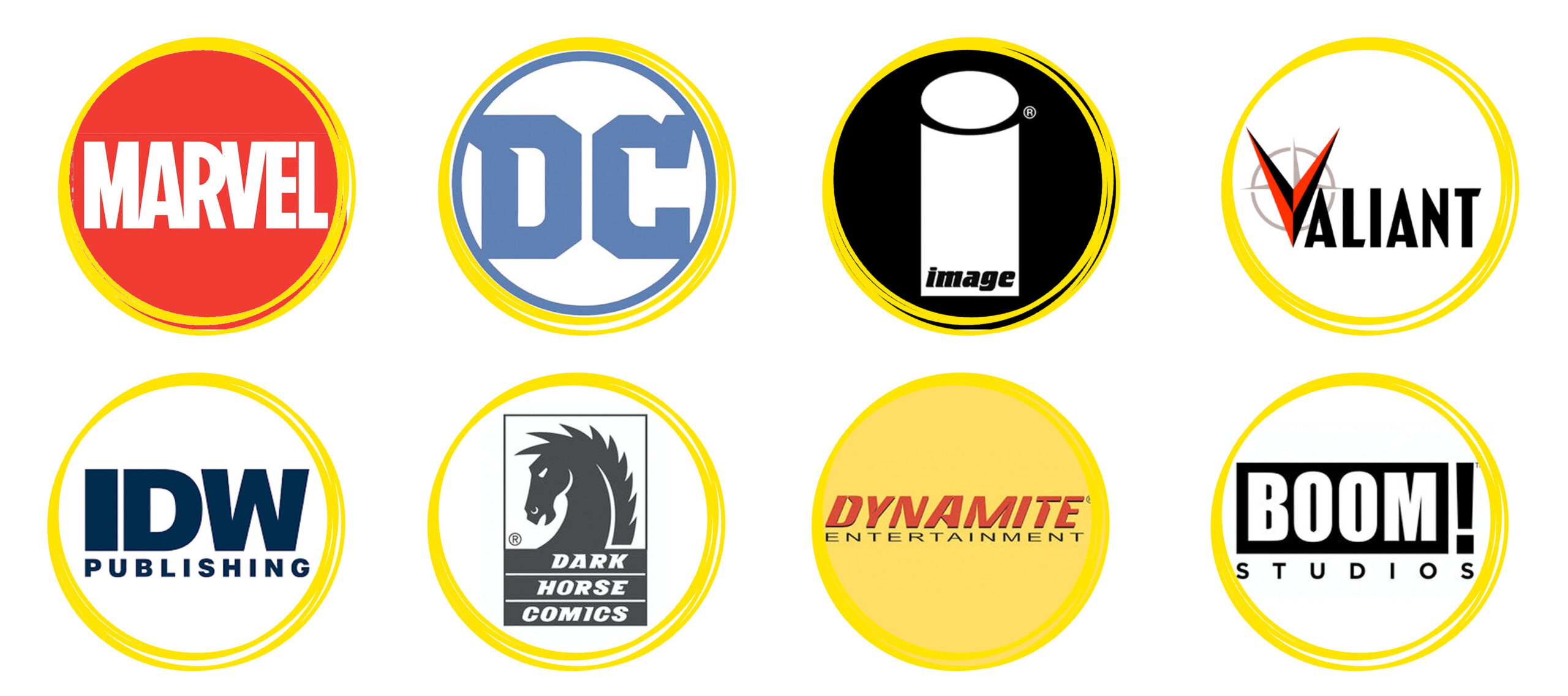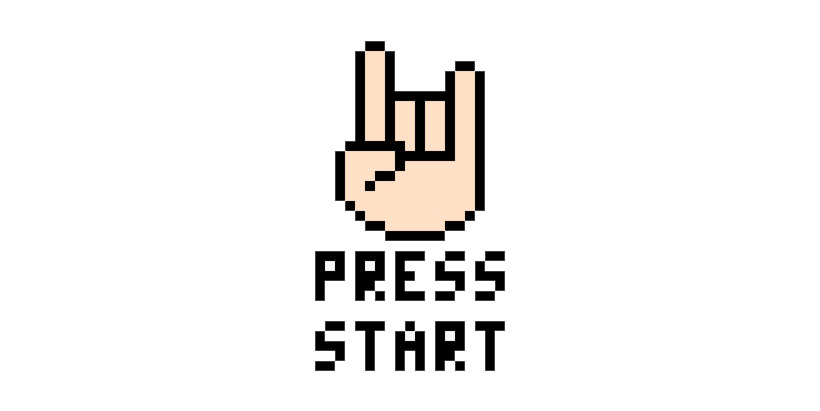turn your PILOT
into a comic book IP.
There are 1200 PGA Hollywood producers actively looking for an IP from the top 8 publishers in the US.

Mindstorming
You have a concept idea and something stands between you and its proof of concept.
It used to be that writing a spec, an outline, or even a lengthier showbible would do the job. They still do if you have the right and powerful contacts at the publishers, agencies, and studios to give a damn and review it and perhaps react.
That is less than 1% of the success stories.
The rest of us who have zero contacts –primary or secondary– ought to wrestle with the task at hand creatively and differently.
What if you could turn your idea into a polished and finished pitchable product? There are short films, but they are expensive and require a dozen cast and crew to make it. Then there’s post and etc.
Damien Chazelle did it successfully with Whiplash, but Jason Blum and Blumhouse were behind the short of his film. Otherwise, Damien would not have been able to do what he did. We could talk 300 and Scott Snyder doing the same thing with the Die Hard short film for Frank Miller's 300, too. They fall under the category of 1%.
I can bore and discourage you with countless examples like Chazelle for Whiplash and Snyder for 300.
But you are not here for that.
WHAT IF THERE WAS A FORMULA?
The benefits of acting on this formula is twofold:
1) you have a publishable IP which will mark your beginning in the comic industry, where you can
continue to produce more IP’s at a controlled budget. More IP's make for a library.
2) a comic book does what a book does. Once published, it goes out in the world and does wondrous things.
It will reverse your responsibilities from cold-calling and outbounding to unavailable studios and heartless agents to receiving calls and emails from them. THEY will want to option the rights to YOUR IP now.
You should feel smitten by that re-engineering idea.
Nothing is as well planned out as we may think.
But if this sounds like a boatload of dogshit wrapped in catshit, allow me to present to you once again the father of indie creator-owned comics, Todd McFarlane:
EMBRACE THE HIERARCHY:
If DC and MARVEL dominate the market, you and I should feel so glad. So elated. So orgasmic. Otherwise, the 1200 PGA producers whom Todd is speaking of would not only be seeking but would be begging for DC and MARVEL IPs— not yours or mine.
TALK SHOP:
We are lucky, if I may humbly argue. We have a pool of 1200 starving producers guild of America members who are looking to put their contacts to good use, and they need a polished and finished IP.
CHASE YOUR ERRORS:
If you are a screenwriter and have many scrips, but you find it impossible to get them to the right person to read them, you are doing one thing wrong. You yet have to correctly work your FRONT. Imagine if you have a relatively fresh product in a crowded Bazaar, but your store is in the basement of another store with no lights on, no marketing, and no nothing. Would you feel mad if no one is buying your product? You might look around and say… I think I'm doing something terribly wrong.
WHAT IS ONE?
My pitch to you is not to turn every script or idea you intellectually possess into a comic book or GN. It takes only one. You only need one proper front and one decent decor to lure people into your shop. Once they are in, they themselves will ask: What else do you offer?
Robert Kirkman
Scott Snyder
Brian K. Vaughan
Jeff Lemire
Mark Millar
Jock
Rodney Barnes...
who else?
Have you ever asked yourself why folks like Robert Kirkman, Scott Snyder, Brian K. Vaughan, Jeff Lemire, Mark Millar, Jock, Rodney Barnes and a few more are so zeroed in on making comic titles after titles, after titles? They are working on their funnel, so when the PGA buyer does show up, they buy the whole library, not just one IP.

<Take Some Steps>

Start Starting
We will learn Team-batching: the most efficient way to put together a team of 2-3 dedicated artists . The traditional method has been too traditional: you hire a penciler, an inker, a colorist, a letterer, and a logo & cover designer. Usually you'll find one who does the first three and you'll learn how to letter yourself for free. Step up. The dialogue boxes constantly change for a writer. Put your money in your left hand and letter with your right one.
Be Early On Your Deadline
What you need to look for in the people you bring is not excellence. It is punctuality + delivery. Can they deliver one page in 2-3 days? If yes, work with them and the art will get better. You could afford and work with someone like Stanford Greene (Bitter Root) or Andrea Sorentino (Batman, Gideon Falls) but if these A-listers are working with multiple creators or publishers that one page will take them 8 days, you are better off without them.

Look-book-it
You need to be so determined about what you want the art and page to look like. You cannot be content with whatever your artist puts out. That's my way. I know what I want and I demand it because I am the art director and producer, so it better be damn good. So I feel damn confident in the outcome when I am sending it to studios and publishers.

Regulate your Discipline
Come up with a hard deadline for yourself and be disciplined. If you need to produce four issues and each issue is 22 pages, you need to put out at least 8-10 pages a month for a team of two. If you can afford a team of four, you need to expect 15 pages a month from each artist.
Patience is a Game
I am not going to sit here and pretend that you will have what I am presenting to you over one month or two. If you expect results and longevity of your IP, you need to carve out one year or so to put out one arc — 4-5 issues— of your IP as a comic book or one GN.

Go Shopping <Monetize>
You may have a hard stop after reading Step 5. And that’s fair enough. But there is a price to be paid to sit at the big tables in Hollywood. To be considered at an establishment like IMAGE, IDW, BOOM! Dark Horse and others. You are planning on becoming a quasi-entrepreneur. Embrace it.
You missed out!

